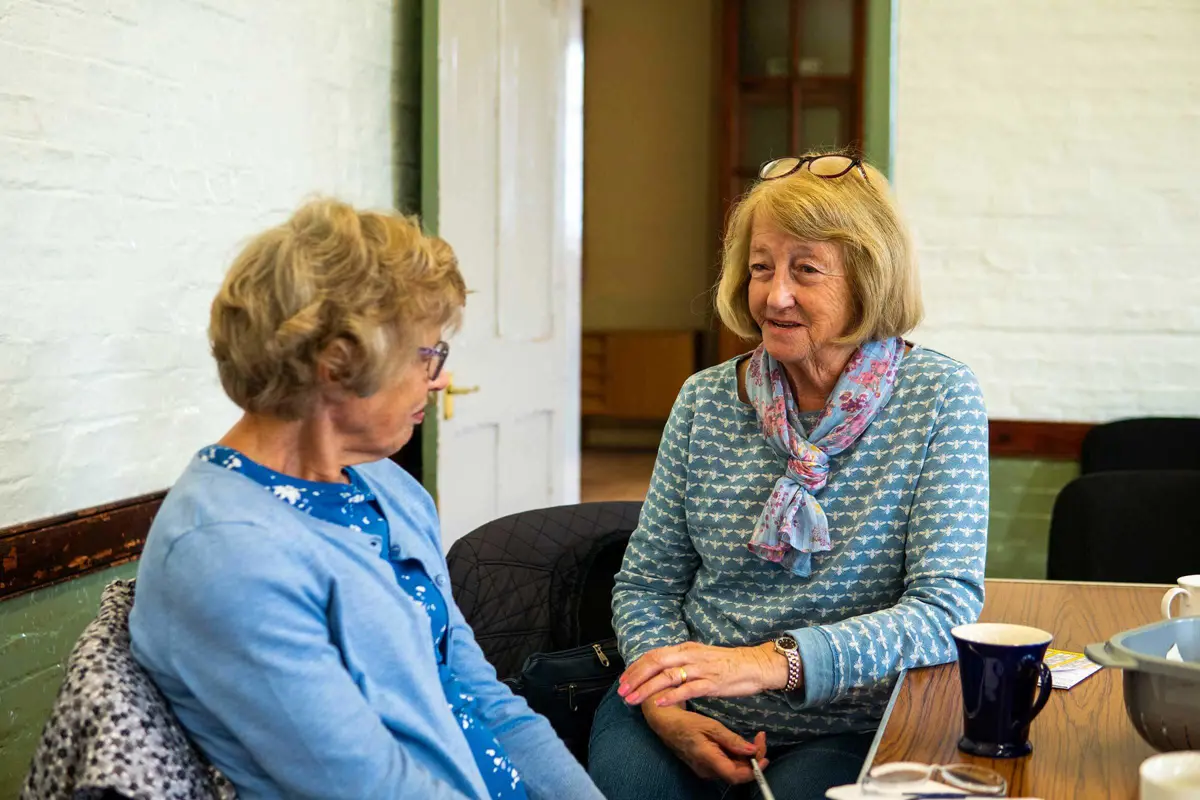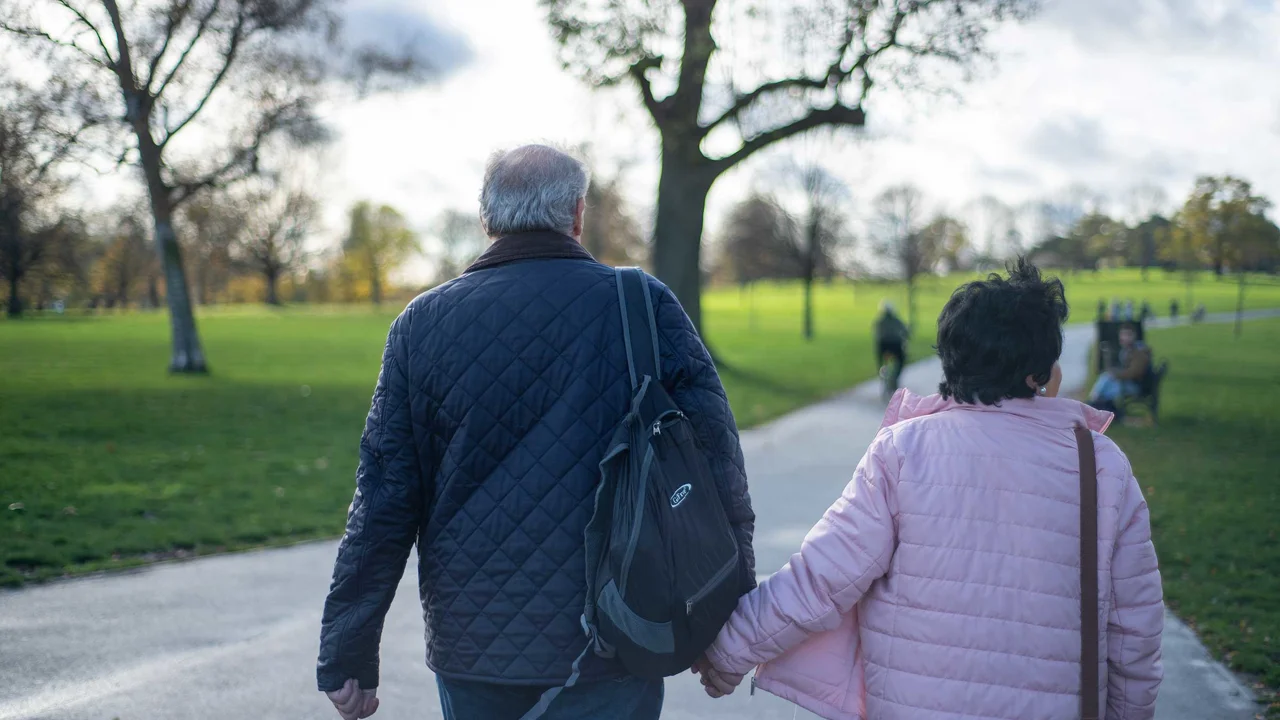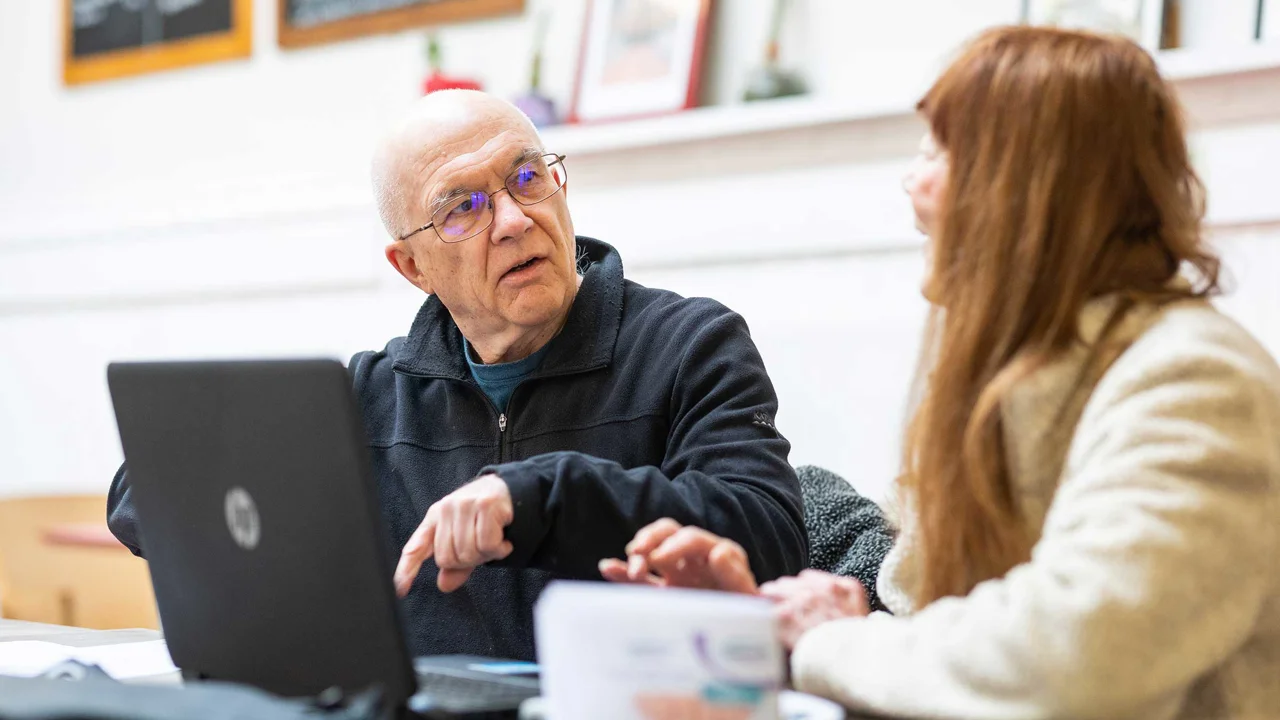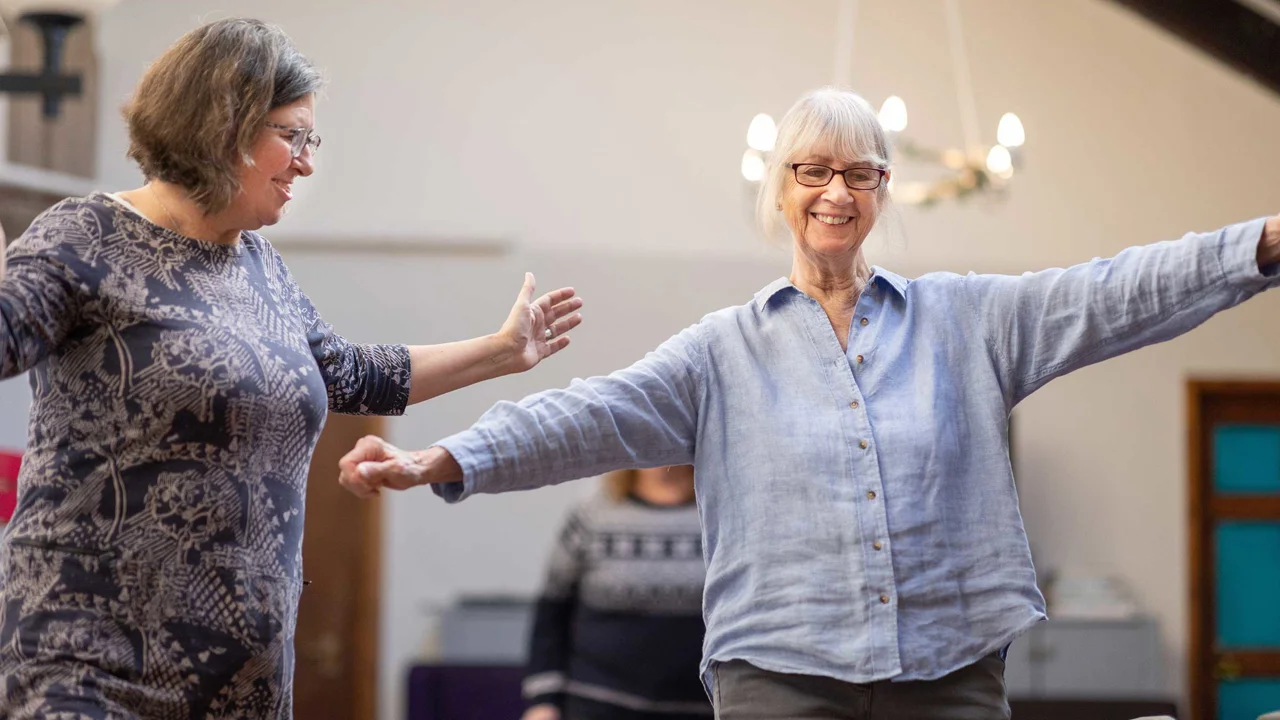With any medical condition, it is always a good idea to know what is wrong. With dementia, a timely, thorough and clearly communicated diagnosis is essential to:

Getting a diagnosis of dementia
Finding out what is causing symptoms
Being diagnosed with dementia is not a single step but a process that can take several weeks.
It often starts with the person or family members realising that there is something wrong and talking to their GP. There will then be various stages of assessments and medical tests before any diagnosis is shared.
Why get a diagnosis of dementia
Rule out other conditions which may have similar symptoms but be treatable and reversible
Give the person affected and their family a reason for the changes they are experiencing
Allow access to information, advice and support to live well with dementia
Allow access to drug treatments and clinical trials
Give the person time to plan and make arrangements for the future.
How a diagnosis of dementia is made
In Wiltshire, most dementia diagnoses are made by GPs. However the GP may make a referral to a memory clinic or specialist consultant in cases where the diagnosis is not clear-cut, where the person is younger (below the age of 65) or where a more complex form of dementia is suspected.

What the process usually involves
Taking a history
To find out why the person and/or their family is worried, what is different about their memory, behaviour and mood, and to find out how they are coping in everyday life.
Physical examination and tests
This normally involves blood tests and sometimes a referral for a brain scan which may shed light on what has been happening in the brain.
Tests of mental abilities
At the GP surgery these are usually a series of questions to test thinking, memory and orientation. At the memory clinic, these are usually more detailed and may include tests of other functions including decision-making, language and visuospatial skills.
Getting the most from your consultation
To get the most out of the consultations, is it a good idea to write down in advance any worrying symptoms or questions to ask the GP or specialist.
If you are going to a GP surgery, you may wish to ask for a double appointment so you do not feel rushed.
When the diagnosis is finally being given it is sensible to ask about any words you don’t understand, and to ask the doctor to be clear.
For example, if a GP or specialist refers to ‘memory problems’ who may want to ask ‘does that mean I have dementia’ or ‘is that the same as Alzheimer’s?’ You may also need to remind them to send you the diagnosis in writing.

What happens after a diagnosis has been made
A diagnosis of dementia is a lot to take in and you will have a lot of questions. These may include questions about:
- the likely progression of the dementia
- any medication which may help
- how to 'live well' with the condition
- the support that is available
- planning for the future.
GPs or specialist consultants will discuss the medical side of these questions and refer you to a Beyond Dementia dementia adviser for information on the practical, financial and emotional support in your area.
This is where we come in. Your dementia adviser will visit at home with information and whatever support you feel you need at different times, and they will get to know you and your family. Don't forget you can self refer to the dementia adviser service if your GP doesn't make a referral.



